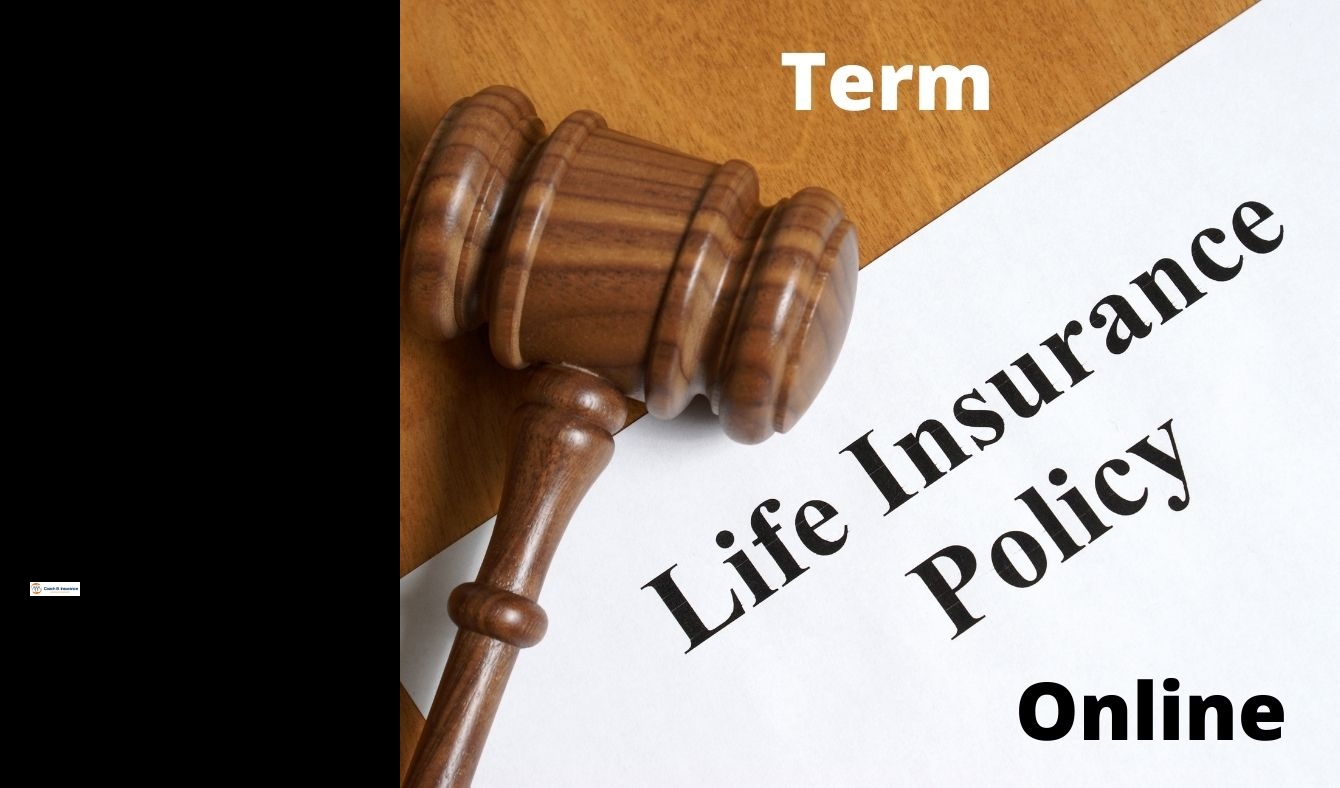decreasing term life insurance is often used to
A 30-year term life insurance policy, which has the longest term available, is an attractive option for young people living in different situations. Term life insurance is a policy that you can decide the length of. The most common terms are 10, 15, 20 or 30 years. A 30-year term life insurance policy, which is the longest available, is an attractive option for young people who are in a wide range of life circumstances, such as:
You can be covered quickly with no medical exam. Instead of waiting for weeks and months for results and processing, you can apply immediately. If you require coverage quickly, such as for a trip coming up, this may be a good option.



